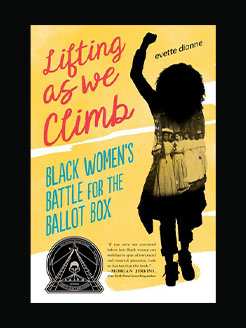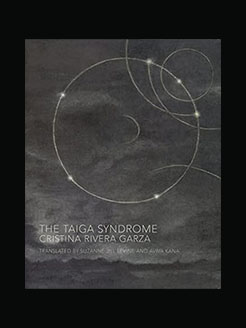Published in 1978
394 pages
Zillah Eisenstein is Professor of Politics at Ithaca College in New York. She has written feminist theory in North America for the past twenty-five years. Her writing is an integral part of her political activism. She writes in order to share and learn with, and from, others engaged in political struggles for social justice. She writes about her work building coalitions across women’s differences: the black/white divide in the US; the struggles of Serb and Muslim women in the war in Bosnia; the needs of women health workers in Cuba; the commitments of environmentalists in Ghana; the relationship between socialists and feminists in union organizing; the struggles against extremist fundamentalisms in Egypt and Afghanistan; the needs of women workers in India. Throughout her career her books have tracked the rise of neoliberalism both within the US and across the globe. She has documented the demise of liberal democracy and scrutinized the growth of imperial and militarist globalization.
She has also critically written about the attack on affirmative action in the US, the masculinist bias of law, the crisis of breast cancer and AIDS, the racism of patriarchy and the patriarchal structuring of race, the new nationalisms, and corporatist multiculturalism.
What is this book about?
Fourteen provocative papers on the oppression of women in capitalist countries, coupled with three articles on the subordinate position of women in two communist countries (Cuba and China). These important, often path-breaking articles are arranged in five basic sections, the titles of which indicate the broad range of issues being considered: Introduction; motherhood, reproduction, and male supremacy; socialist feminist historical analysis; patriarchy in revolutionary society; socialist feminism in America. The underlying thrust of the book is toward integrating the central ideas of radical feminist thought with those pivotal for Marxist or socialist class analysis.







